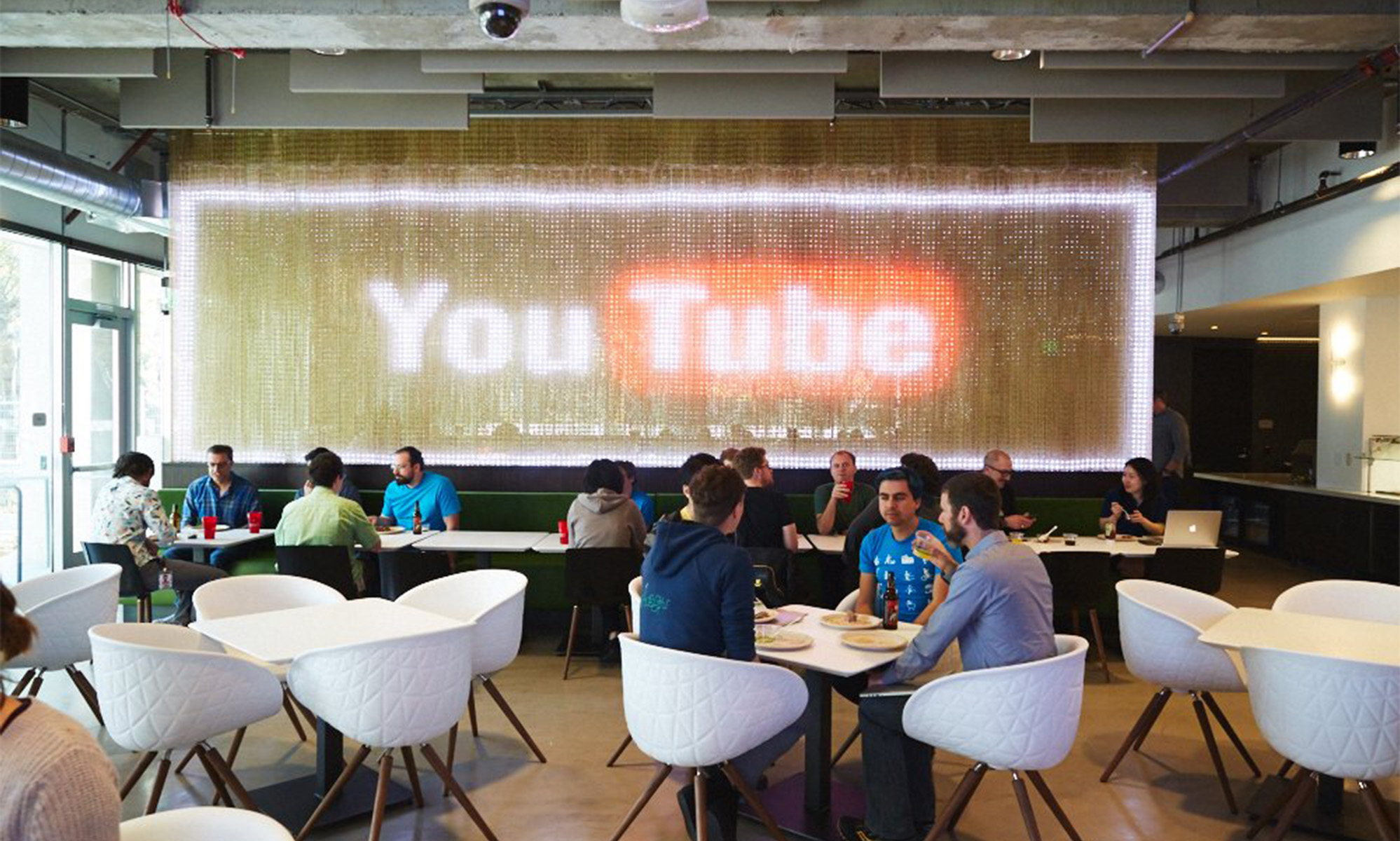It seems we see almost daily news stories about artificial intelligence (AI) and innovations that are being realized as the result of this technology. While terms like "groundbreaking" are typically the result of hype and hyperbole, the developments in the area of deep learning are certainly worthy of the term.
Researchers at Verily, the life sciences division of Alphabet Inc. (GOOGL 0.83%) (GOOG 0.80%), in collaboration with the Google Brain team, another subsidiary that leads the company's pioneering AI efforts, have applied deep learning to the solving of the human genome -- with encouraging results. In a research blog published last week, the scientists announced the release of a new open-source AI system called DeepVariant, which is capable of assembling a more complete rendering of the human genome.

Google is using AI to provide a more accurate picture for genetic sequencing. Image source: Getty Images.
A new approach to solve an existing problem
The science of deep learning involves the creation of artificial neural networks, computer models based on the structure and function of the human brain, which attempts to recreate our ability to learn. The system is fed massive amounts of data and controlled by complex algorithms, and can then recognize patterns from the data. It can make associations and distinguish differences from those patterns, which results in the ability to draw conclusions and make predictions based on the information.
The process of high-throughput sequencing has been around for more than a decade, which made genome sequencing more widely available, but the enormous amount data was complex and the process of understanding it was prone to error. More recent developments have been used to fill in some of the gaps, but still left an incomplete and faulty picture.
By applying deep learning to the process, the researchers were able to avoid the pitfalls and some of the errors that resulted from previous methods, and created more precise results. According to the scientists, deep learning provided "significantly greater accuracy than previous classical methods." In coming years, these results could help scientists develop more targeted treatments for a variety of complex diseases and genetic abnormalities.
The DeepVariant system took one of the top prizes last year in a contest sponsored by the FDA designed to promote improvements in gene sequencing.
Other groundbreaking developments
This isn't the first time Verily and Google Brain researchers have applied AI to improve healthcare results.
Early detection of breast cancer significantly increases the chances for successful treatment. Earlier this year, the researchers created a neural network for the purpose of screening medical images for tumors. The team reported that the system achieved a greater degree of accuracy than human pathologists assigned the same task. GoogLeNet AI was fed thousands of medical images and scored an 89% accuracy rate compared to 73% for pathologists.
The team used a similar process to examine images of the retina in order to detect diabetic retinopathy (DR), one of the leading causes of blindness resulting from diabetes. In reviewing eye scans, the Google Brain exceeded the standards for accuracy and precision for successfully detecting the condition required by the National Institutes of Health. These results were all the more important in light of the shortage of qualified ophthalmologists for diagnosing the condition.
More to come
Scientists have only just begun to tap the enormous potential that could result from AI. The preceding examples represent the tip of the iceberg of what may be possible when applying deep learning to the area of healthcare. They do illustrate, however, the ways in which AI can provide a new approach to many existing health problems. Expect new and greater advances as researchers come up with new and more innovative ways to solve problems using AI.







